When
Wednesday May 7, 2025 from
2:00PM to 3:30PM
Price
Free
IVADO and the Centre de recherches mathématiques de Montréal (CRM) will host an international workshop dedicated to neuro-symbolic artificial intelligence at Polytechnique Montréal from May 5 to 7. This invitational event will bring together leading researchers in the field to advance collective understanding of neuro-symbolic AI and increase dialogue between connectionist and symbolic parties.
The public is invited to participate in the panel “The Future of Neuro-Symbolic AI” during an open session on May 7th at 2:00 pm in Lecture Hall M-1410, Lassonde Pavillon, Polytechnique Montréal.
This public panel is the culmination of a three-day workshop on Neuro-Symbolic AI gathering over a dozen international experts on the subject. This will be an opportunity for the panelists to share key highlights and fresh insights from the workshop, and for you to ask questions.
We will explore together what is the right balance between the two traditional approaches to AI in a context of rapidly-growing neural models and of increasingly-challenging reasoning tasks. And how best to combine them into an AI system. Can Neuro-Symbolic AI offer a path to robust, reasoning and responsible AI?
Organizing Committee
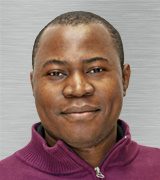
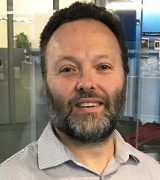
Panel Speakers
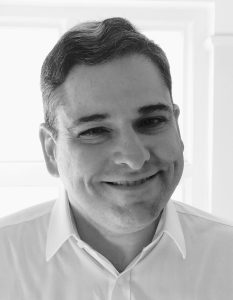
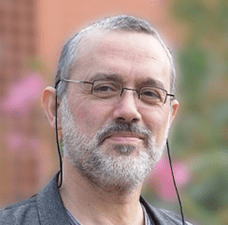
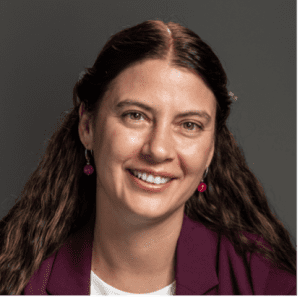
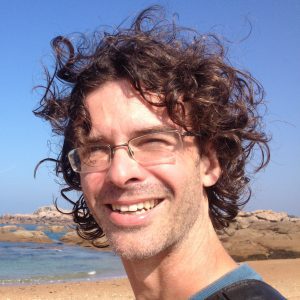
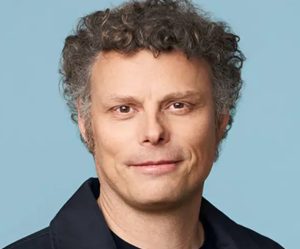
Confirmed Workshop Speakers
Artur d’Avila Garcez (City St George’s, University of London), Yoshua Bengio (Université de Montréal), Bistra Dilkina (U. Southern California), Francesco Giannini (Scuola Normale Superiore Pisa), Tias Guns (KU Leuven), Giuseppe Marra (KU Leuven), Christopher Pal, (Polytechnique Montréal), Gilles Pesant (IVADO, Polytechnique Montréal, CIRRELT), Andrea Passerini (Università degli Studi di Trento), Jean-Charles Régin (Université Côte d’Azur), Francesca Rossi (IBM T.J. Watson), Thomas Schiex (Université de Toulouse, ANITI, INRAE), Luciano Serafini (Fondazione Bruno Kessler), Efthymia Tsamoura (Huawei Labs), Guy Van den Broeck (UCLA), Amal Zouaq (Polytechnique Montréal).